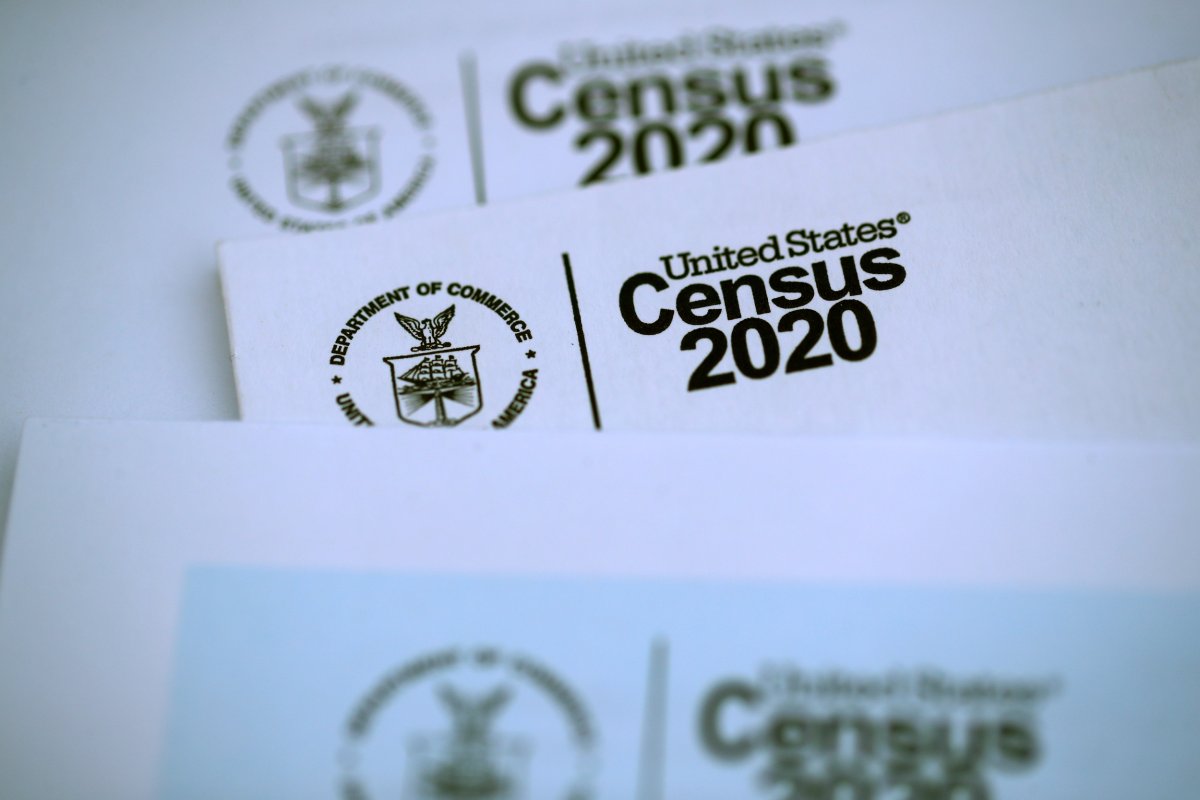On March 28, 2024, the United States Office of Management and Budget (OMB) published revisions on how race and ethnicity data are collected in the U.S. This is the first change since 1997.
The recommendations include using one combined question for race and ethnicity identity with the option for respondents to select multiple racial categories. Moreover, two new racial categories are being added: Middle Eastern or North African (MENA) and Hispanic or Latino.
Each of these changes can increase identity and better capture diverse experiences across racial groups and those with multiple racial identities.
Specifically, adding Middle Eastern or North African as a racial-ethnic category is a critically important change. MENA communities have previously been considered White in the United States. The 2020 U.S. Census identified Middle Eastern or North African individuals using a write-in option and found that 3.5 million reported MENA identity—though this is likely an underestimate that will be addressed through the revisions made for the 2030 Census.
MENA communities are diverse in culture, religion, history, and lived experiences in the U.S. and in the Middle East/North Africa that require their own racial-ethnic identity separate from White. Literature also shows that MENA communities are different in health, socioeconomic, and social experiences from White. But, by including these communities as White, their experiences and voices are hidden.
I am Lebanese American with expertise in epidemiology and public health. I carry my experiences of identity as a Middle Eastern individual, my experiences of racism and social exclusion, and my knowledge in data and health science. Therefore, I know firsthand how important this change to the Census is for the millions of MENA people in the U.S.
By having Middle Eastern or North African as its own racial-ethnic category, we can bring forward a voice to MENA communities. For once, MENA communities will be counted and recognized as the diverse group that they are. It allows for health research to better understand the experiences MENA communities face, and it opens opportunities for funding and policy mechanisms that can benefit these communities.
Most health research on Middle Eastern or North African groups come from specific regions in the U.S. such as Michigan and California, and by researchers who are intentionally trying to understand the experiences of MENA communities. However, these studies may not be reflective of the diverse experiences of MENA communities across the U.S. Including Middle Eastern or North African as a racial-ethnic category offers new opportunities to evaluate health outcomes and health-related behaviors through national studies. For example, the US Census, the National Health and Nutrition Examination Survey, and disease dashboards such as COVID-19 dashboards, are a few platforms that would now be able to provide insight to the broader health experiences that MENA groups face.
Statistically, it is important to separate Middle Eastern or North African from White. In most health studies, White is used as the reference group. In other words, the realities of other racial groups are compared to the experience of White groups. When Middle Eastern or North African is included as White, we lose any insight to the impact MENA communities experience.

For policy relevant work, this change opens opportunities to understand how policies—general or racialized, such as the Trump administration's "Muslim Ban"—may affect the lived experiences of Middle Eastern or North African communities in the U.S.
This change also opens opportunities for health researchers to apply for funding to assess the health behaviors and health outcomes that MENA communities encounter. For instance, the National Institute of Health could have funding available within the National Institute on Minority and Health Disparities and other institutes where Middle Eastern or North African was not previously recognized.
However, there are factors that the OMB, and health and policy researchers must also consider. First, there is a lot of diversity in religious, regional, and lived experiences within Middle Eastern and North African groups that should be recognized.
Second, and most importantly, communities from the Middle East and North Africa are already heavily surveilled populations. We must be careful not to use this new change as a means of further surveillance, but rather as an opportunity to understand health outcomes and behaviors that exist, and to identify ways to reduce any disparities or differences in these groups. Scholars have suggested using Southwest Asian rather than Middle Eastern to minimize the stigma, harms, and criminalization that those from the region face. Though this change will not be considered with the current revisions of the Office of Management and Budget, the use of Southwest Asian or North African categories should be considered in research settings that look at MENA groups.
The Office of Management and Budget has made an important change in the way we understand and assess race in the United States, which will be valuable for understanding the experiences of Middle Eastern and North African communities. This is the first major step in bringing the voice of MENA groups forward, with many opportunities for research, policies, and funding to be introduced that can have hopeful benefits for these communities.
Ryan D. Assaf is a postdoctoral fellow with the Benioff Homelessness and Housing Initiative at the University of California, San Francisco, and a Public Voices Fellow on Homelessness with the OpEd Project in partnership with the UCSF Benioff Homelessness and Housing Initiative.
The views expressed in this article are the writer's own.
Uncommon Knowledge
Newsweek is committed to challenging conventional wisdom and finding connections in the search for common ground.
Newsweek is committed to challenging conventional wisdom and finding connections in the search for common ground.
About the writer
To read how Newsweek uses AI as a newsroom tool, Click here.








